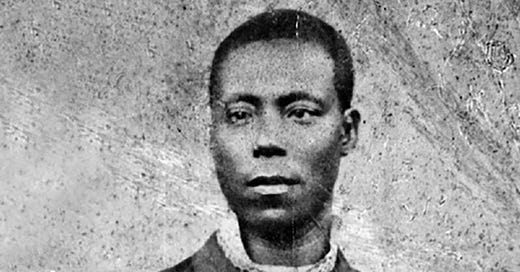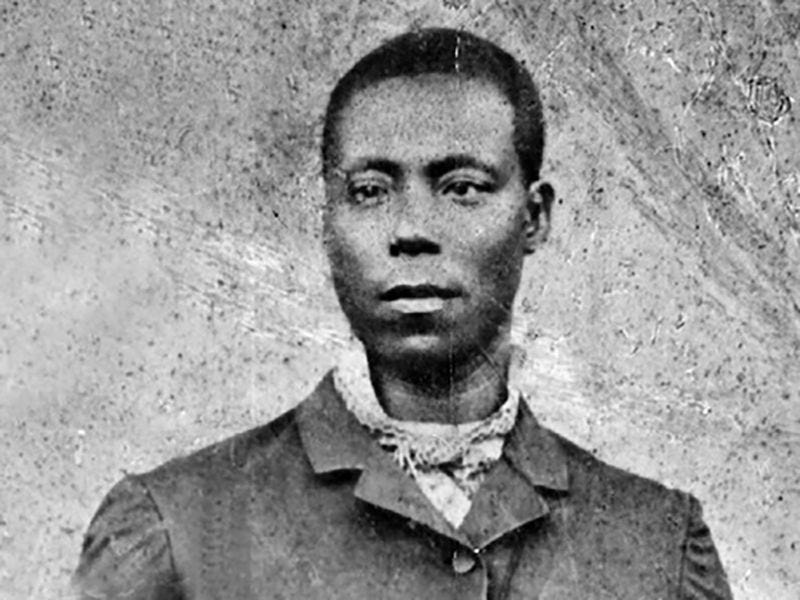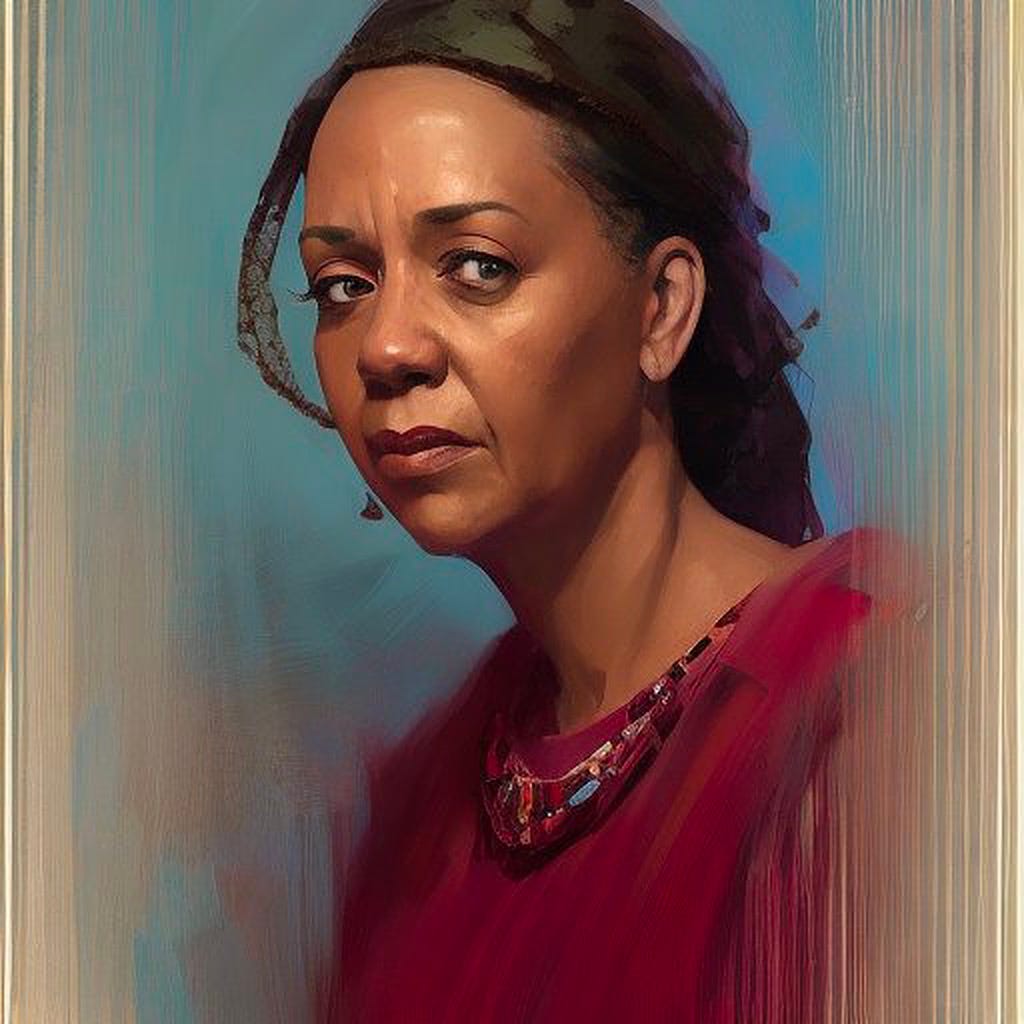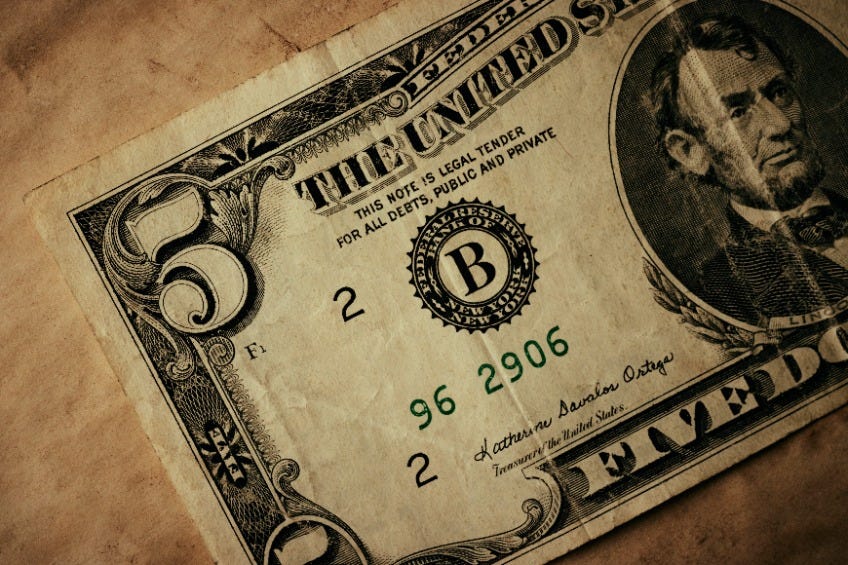Today In Black History: Thomas L. Jennings
Abolitionist, Inventor, and First Black Recipient of a U.S. Patent for His Dry Cleaning Process
Issue #659 Today In Black History, Monday, July 8, 2024
Help us to reach our July 2024 goals: +100 total new subscribers, including +15 paid subscribers:
Please share and subscribe to help us grow our publication.
If you like us, REALLY like us, please click the “Like” button at the end of this post!
Also, please scroll to the end of this post for other ways to financially support us and We Are Speaking with our books and courses.
We appreciate your support!
Today’s Black History WOW!
Thomas Jennings, born in 1791 in New York City, was a pioneering African American who made history as an inventor, abolitionist, and the first African American to receive a patent. He established himself as a successful tailor and continually sought to improve the efficiency and quality of his services.
As a tailor, he opened his own store on Church Street. It became one of the largest clothing stores in New York City.
Jennings’ most prominent and groundbreaking achievement came with the invention of a revolutionary method for cleaning clothes. In 1821, he received a patent for his invention, which he called "dry scouring." This method was an early form of dry cleaning and provided a superior way to clean garments without damaging them. The patent, granted on March 3, 1821, made Thomas Jennings the first African American to receive a patent in the United States.
Jennings’ contributions extended far beyond his inventive work. He was a dedicated abolitionist and a fervent advocate for civil rights. With the income generated from his patent and successful business, Jennings funded various abolitionist causes, demonstrating his commitment to the fight against slavery and injustice.
Jennings' invention, along with his business expertise, yielded a significant personal fortune, much of which he put into the abolitionist movement in the United States
Jennings was also a leader in the cause of abolitionism and African-American civil rights in the United States.
In 1831, Jennings was selected as assistant secretary to the First Annual Convention of the People of Color in Philadelphia, Pennsylvania, which met in June of that year.
After his daughter, Elizabeth Jennings, was forcibly removed from a "whites only" New York City streetcar in 1854, he organized a movement against racial segregation in public transit in the city.
He helped arrange her legal defense, which included the young future President Chester Arthur, and won her case in 1855.
He played a significant role in the early civil rights movement, helping to establish and support organizations that aimed to improve the conditions and rights of African Americans. Notably, Jennings was involved with the Legal Rights Association, an organization dedicated to fighting against racial discrimination and advocating for equal treatment under the law. His activism and financial support significantly advanced the cause of abolition and civil rights, laying the groundwork for future generations of activists and leaders.
Today In Black History
In 1777, Vermont introduced a new constitution, prohibiting slavery.
In 1876, white terrorists attacked Black Republicans in Hamburg, South Carolina, killing five.
In 1879, Alexander Walters, the first president of the AME Zion Church, was ordained a Deacon.
In 1924, William DeHart Hubbard became the first Black person to win an Olympic Gold Medal when he won the broad jump event in the Paris Olympics.
In 1949, the South African Prohibition of Mixed Marriages commenced, prohibiting marriage or a sexual relationship between white people and people of other races.
In 1965, the NAACP elected Roy Wilkins as its new Executive Director.
In 2001, Tennis superstar Venus Williams won her 2nd straight Wimbledon Womens Singles Championship, becoming the first woman to win consecutive Wimbledon Championships since 1995-1996 and the first Black woman to win Wimbledon since Althea Gibson in 1958.
In 2018, Eritrea and Ethiopia announced re-establishing diplomatic ties between the two countries after almost 20 years.
Our paid subscribers are encouraged to discuss this post in our W.A.S. Chat Community.
Join Pamela Hilliard Owens’s subscriber chat
Available in the Substack app and on web
You are also welcome to view “We Are Speaking” in Substack Notes. You can also read other Substack publications without subscribing to them when you join Notes.
This post is free to read for three days. To have access 365/24/7 to our full archive, comment on our posts, and financially support “We Are Speaking” for no more than $5 per month, please subscribe at the paid level.







